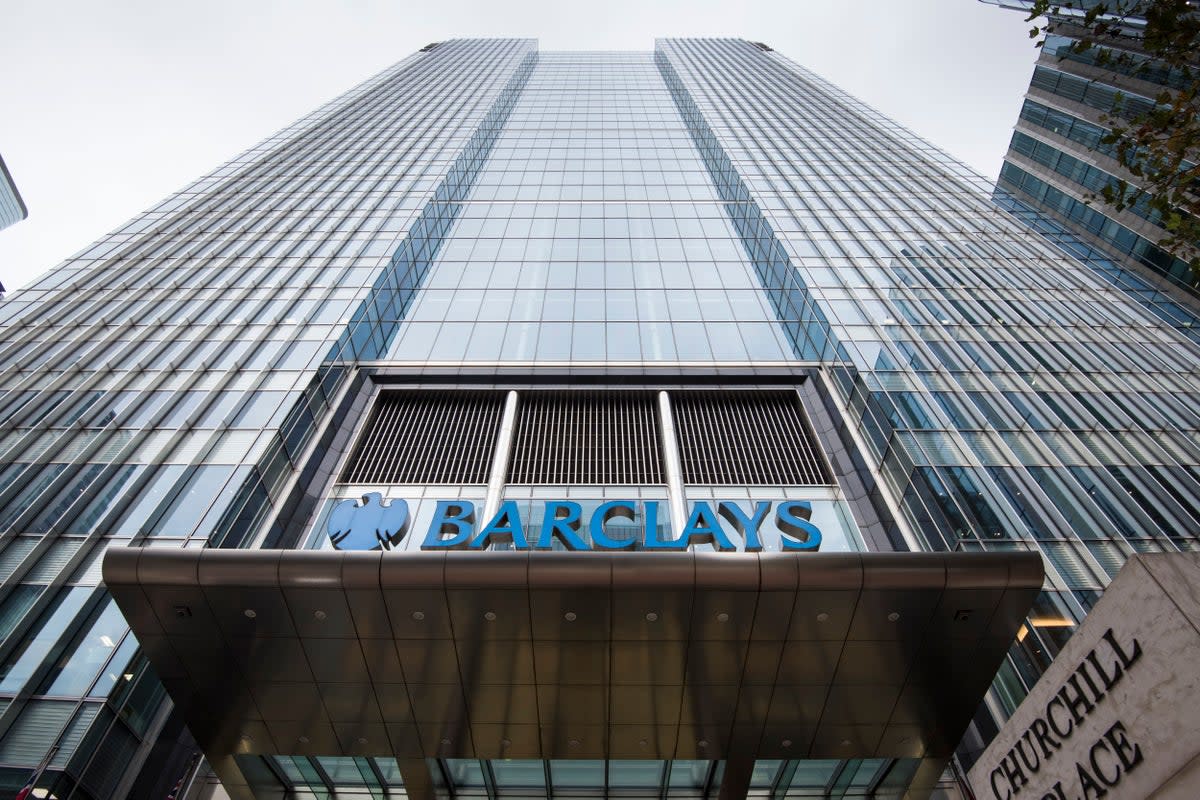Why a £40m Barclays litigation case on dangerous breast implants could prove a gamechanger

Why a £40m Barclays litigation case regarding dangerous breast implantscould prove a gamechanger for creditors
A case due to be heard later this year could open the floodgates to a new form of ‘Quincecare’ claims against secured lenders write Piers Elliott and Philip Henderson
In 2012, private medical company the Hospital Medical Group (HMG) was facing ruinous liabilities, including a large litigation claim brought by hundreds of women who had received illegally made and dangerous Poly Implant Prostheses (PIP) breast implants. In the face of these liabilities, HMG “restructured” its business by transferring all of its valuable assets to group companies whilst retaining its liabilities. HMG later went into insolvency leaving the PIP victims unable to enforce their High Court judgment for £8.5m.
A £40m High Court claim has been brought against Barclays, HMG’s former solicitors (Wilkes) and three former directors of HMG. The claim alleges that the ‘restructure’ was illegally designed to defraud HMG’s creditors (including the PIP victims). The claim is due to go to trial in November 2022.
Barclays was HMG’s secured lender therefore the restructure could not have been completed without its consent and assistance. The claim alleges that Barclays dishonestly assisted the restructure – because they knew or should have known that the proposed restructure was illegal; but consented to it, nevertheless. Barclays was told directly that the purpose of the restructure was to reduce the assets of that Company “should it come under attack” and was also told of the intention to write off intercompany loans that were supposed to pay for the assets transferred.
The proposition is simple - Barclays should not have involved itself in a transaction that it knew, or had reason to suspect, was illegal. That is why the claim is being pursued by Henderson & Jones (H&J) - which purchased the claim from the liquidators of HMG (as HMG had no funds itself to pursue the claim). If H&J is successful a significant proportion of any recovery will be returned to HMG’s creditors, including the PIP victims.
This case will shine a spotlight on the duties of banks to ensure they are not facilitating illegal restructurings. In recent years, banks have faced a number of claims in respect of the so-called “Quincecare” duty of care. This requires banks to refrain from making or executing payments when “put on inquiry” that their customer’s instructions may be an attempt to misappropriate funds. There are clear parallels with this case - H&J is seeking to impose a duty on Barclays to refrain from consenting to this restructure, as the bank had been “put on inquiry” that the restructure may be designed to defraud creditors.
Often where restructurings fail, and the company falls into insolvency, there is no one to pursue for the wrongdoing. As the company itself is insolvent, the losses are suffered by its creditors. Restructurings are bound to increase over the next 12 months given the economic outlook. This case, if successful, potentially opens the floodgates to hundreds of similar claims being brought against banks in respect of questionable past and future restructurings.
Piers Elliott and Philip Henderson are Directors at Litigation Finance Company, Henderson & Jones

 Yahoo Movies
Yahoo Movies 
